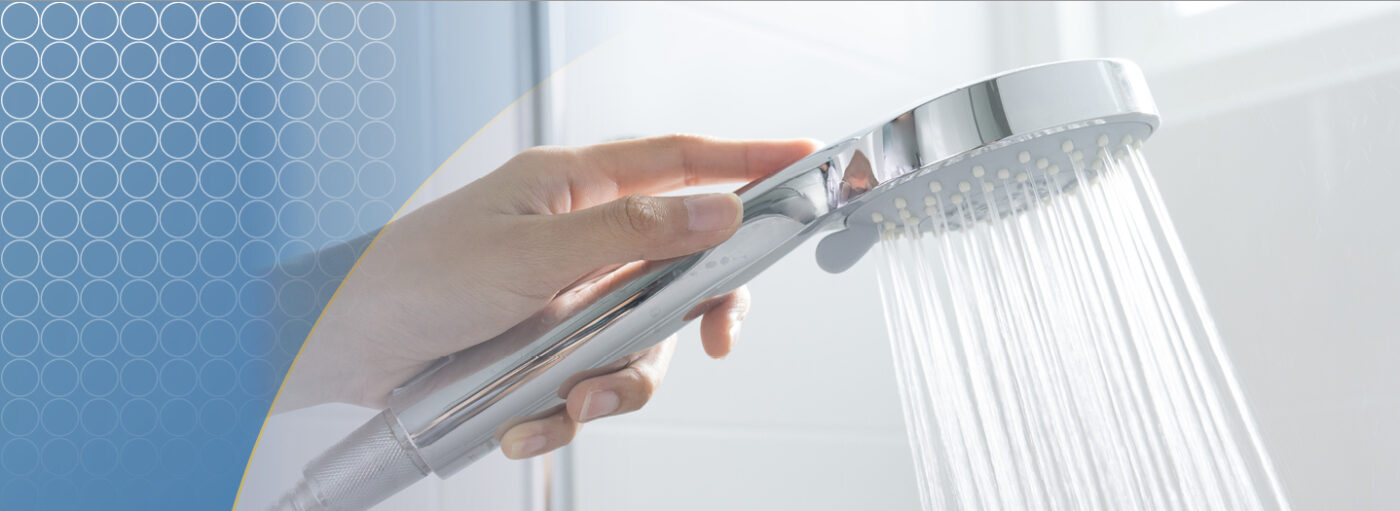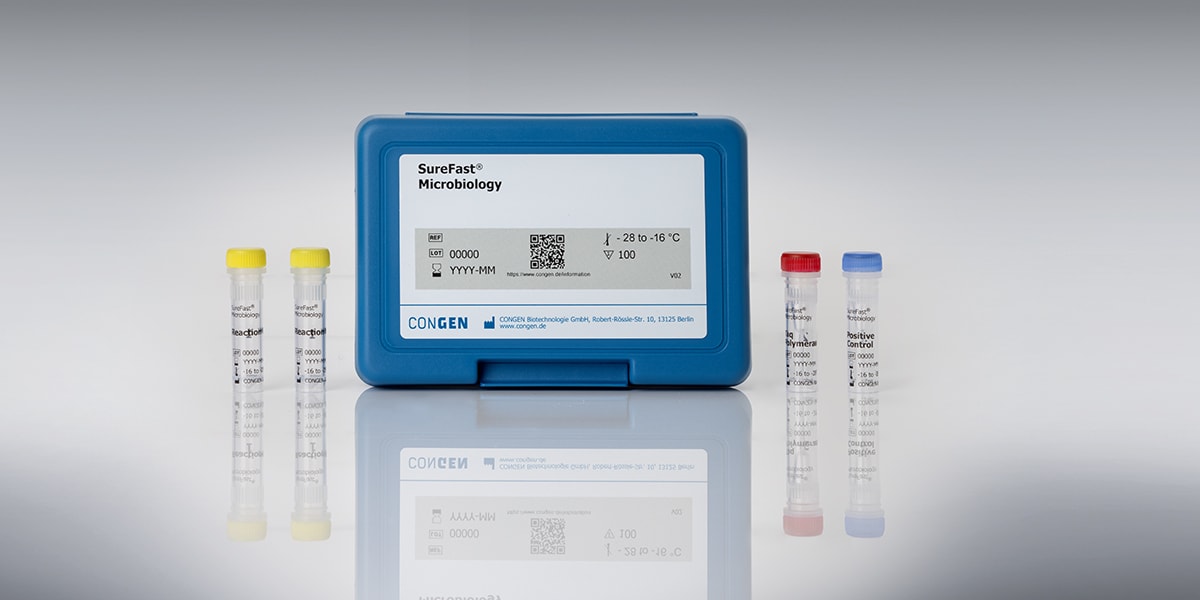
Recent news in Food & Feed Analysis
- Home
- /
- Legionella, a waterborne risk
Legionella, a waterborne risk

Tap water contaminated with Legionella can cause severe infections. Water pipes that are not used regularly are particularly susceptible to the colonization of bacteria – a problem especially now during the coronavirus pandemic, as many businesses, hotels and public facilities are closed.
Legionella, together with Enterococcus and Pseudomonas aeruginosa, are among the most dangerous bacteria in drinking water and are common hospital germs. They are a genus of aquatic Gram-negative and rod-shaped bacteria that are considered as potential human pathogens. The Legionella species most frequently responsible for diseases in humans is Legionella pneumophila; it causes the so-called Legionnaires’ disease (legionellosis), a severe pneumonia that is often fatal if left untreated. Another form of the disease is the milder, flu-like Pontiac fever. Infection occurs when contaminated water (in aerosol form) is inhaled and enters the lungs – for example when taking a shower or via the air conditioning system.
Legionella multiply especially in the absence of water circulation and at temperatures between 25 and 50 °C. Large water reservoirs and pipes in which little or no water flows at times thus promote bacterial growth, as do hot water areas such as swimming pools, whirlpools, showers and air-conditioning systems. In order to prevent unused water pipes from causing a Legionella problem, maintenance should not be neglected. It is therefore recommended to let water flow through all tapping points at least once a week.
Water analyses for safe tap water
In many countries, Legionella diseases are subject to reporting – and regular water analyses for the detection of Legionella are mandatory. According to the European Drinking Water Ordinance (EU Council Directive 98/83/EC), a limit value of 100 colony-forming units (CFU) per 100 ml of water applies to Legionella; lower concentrations do not pose a health risk. The analysis of the collected water samples must be carried out by accredited laboratories and can be done by any analytical method as long as it meets the requirements.
Traditional microbiological tests based on the cultivation of bacteria on a culture medium are often used, but laboratories can also apply molecular biological methods such as real-time PCR. This method offers the advantage that the tests can be carried out very efficiently and the analysis results are available in just a few hours. The SureFast® real-time PCR portfolio includes a specific test for Legionella pneumophila as well as a screening test for several Legionella species.

